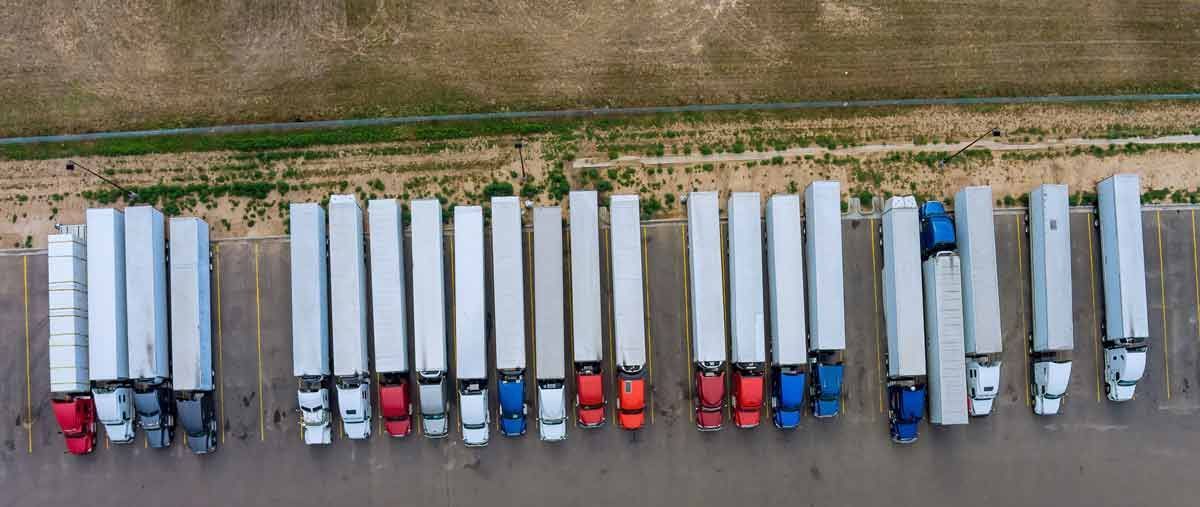Canadian Railroad Strike Impacts the North American Economy
Canadian National (CN) and Canadian Pacific Kansas City Southern (CPKC) Shut Down
Canada's two major freight railroads, Canadian National (CN) and Canadian Pacific Kansas City Southern (CPKC), have shut down their operations, locking out 9,000 Teamsters union members. This shutdown could have significant effects on both the Canadian and US economies.
Nearly a third of the freight handled by these railroads crosses the US-Canadian border, and the shutdown might disrupt various US industries, including agriculture, autos, home building, and energy, depending on how long it lasts. CPKC is acting to protect Canada’s supply chains from further disruption during the crucial fall peak shipping period.

This situation highlights how closely tied the economies of the two nations are. Many industries rely on the smooth movement of goods across the border. For instance, some US auto plants could temporarily close if they can’t get parts from Canadian plants. US farmers might face fertilizer shortages, and water treatment plants near the border could run out of chlorine.
This is the first time both major Canadian railroads have simultaneously shut down due to a labor dispute. Previous stoppages include a 60-hour strike at Canadian Pacific in 2022 and a nine-day strike at Canadian National in 2019.
This shutdown differs from a strike, where union members refuse to work. Here, the management has decided to lock out the Teamsters. CPKC stated that it's better to halt operations now rather than face a potential strike during the fall peak shipping season. The Teamsters union, however, argues that the railroads' demands would reduce rest time and increase safety risks. Both sides have urged the government to step in and refer the dispute to binding arbitration, but so far, the government has not intervened.
Economists warn there isn’t enough trucking capacity to handle the freight usually transported by these railroads. A recent report by Anderson Economic Group estimated that a three-day strike could cause $300 million in economic damage, while a seven-day strike could lead to over $1 billion in losses. Even a brief shutdown would cause problems, especially since both railroads stopped accepting hazardous materials shipments last week to avoid having them stranded on halted trains.
Canadian Prime Minister Justin Trudeau has yet to commit to government intervention in this ongoing dispute. “We are we are not taking this lightly, obviously because Canadians across the country are worried about it,” Trudeau said. “We will have more to say shortly on what we’re doing to make sure that the right solution is found quickly for the economy.”
TLI Insights
Get the latest logistics insights and tips from Translogistics’ award-winning team. Stay ahead in transportation planning.
Questions? Email us at marketing@tli.email
Check out more Blog Posts from TLI:
Get a Quote
Customer Service
Contact Us
All Rights Reserved | TLI
Services
Support
Company
Services
Support
Company
Get a Quote
Support
Contact Us
All Rights Reserved | TLI



